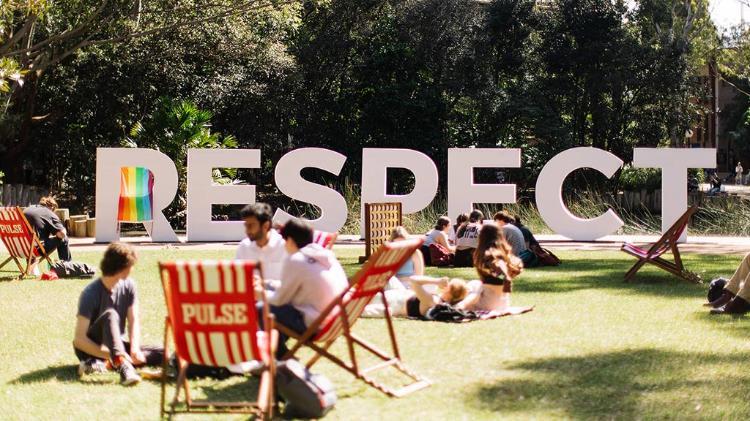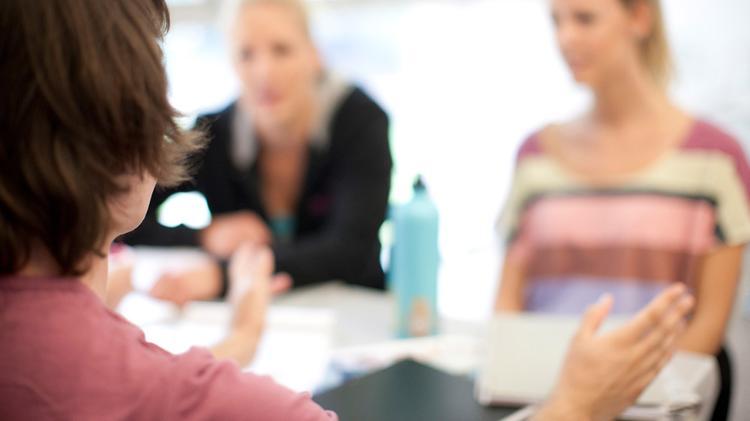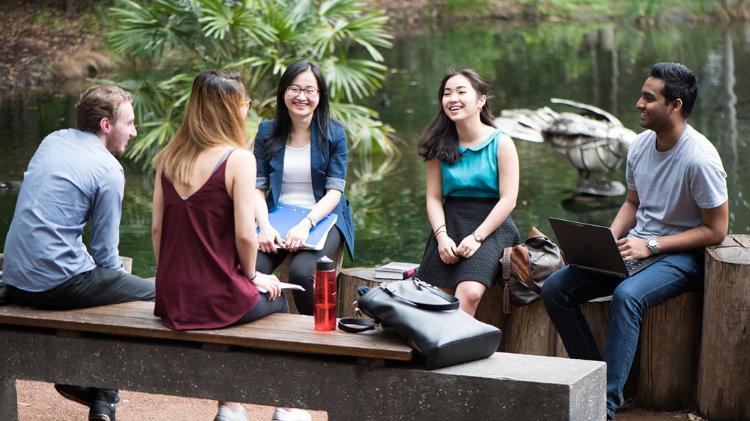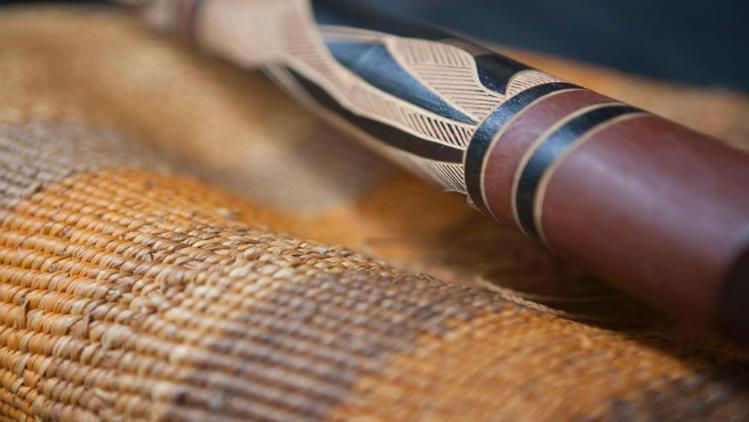Our UOW Initiatives
Working collectively with AD EDIs
Aim: To work collectively with AD, EDIs to advocate for EDI within UOW plans.
Outcomes: To bring to the fore EDI commitments in UOW plans. To prioritise UOW’s commitment to the RAP. To work against the creation of new hierarchies that can emerge through UOW policies.
Responsibility: All AD (EDIs)
Our Faculty Initiatives
Awareness and impact
Aim: To raise the profile of EDI through the Faculty website
Outcomes: To increase awareness of EDI as the responsibility of everyone in the Faculty.
Responsibility: AD (EDI)
Demystifying Governance & Service Roles
Aim: Opening-up conversation that support colleagues to understand the value of governance roles to their professional careers.
Outcomes: To make more informed choices and remove potential barriers to promotion.
Responsibility: AD (EDI)
Research Recovery and Resourcefulness Workshop
Aim: This interactive workshop takes a person-centred approach to address the impacts of the pandemic on research. It aims to reconnect colleagues to their research inspiration & creativity.
Outcome: To support colleagues to reconnect with their research after the interruptions of COVID.
Responsibility: AD (EDI)
EDI School Advocates
Aim: To support the implementation of Faculty wide and School EDI initiatives. Each HOS nominates an EDI advocate (level B or C), who works with HOS to help identify priorities and support EDI initiatives, advocate for Faculty/School initiatives within their School & keep conversation going. EDI becomes a standing agenda item for School Meetings. Inform AD (EDI) of School based EDI initiatives and success (ie. appointments, events etc).
Outcome: Support the creation of an equitable, diverse, and inclusive culture. Inform Faculty of EDI initiatives and enable AD (EDI) to report.
Responsibility: AD (EDI) and HOS
ASSH EC & MC Network
Aim: To facilitate and deepen professional and collegial connections between schools by creating early career and mid-career academic networks. The network will facilitate conversations and connections amongst colleagues across Schools.
Outcome: An EC Collective and MC network. To work towards generating recognition, shared responsibilities, support and social cohesion that cross disciplinary boundaries. Working towards reciprocal relationships that sustain future teaching and research synergies, collegiality and networks of care. The conveners of the EC and MC network will meet on a monthly basis with the AD (EDI) to discuss issues and potential initiatives.
Responsibilities: Two-three colleagues will convene the network, administrator the list and organise low key social and professional events and communicate to AD (EDI) ideas for larger ASSH initiatives.
The EC and MC Network convenors & AD(EDI).
Mentorship Circles
Aim: To provide mentorship for EC & MC colleagues within a cross disciplinary, peer-to-peer circle, led by a level D or E mentor.
Outcomes: Strengthening the Faculty through mentorship and supporting colleagues’ professional development.
Responsibilities: Mentor
Responsibilities: AD (EDI) to contact previous mentors to invite them to be a mentor again. AD (EDI) will send an invitation, via School co-ordinator/HOS, to all Level D & E colleagues to nominate to become an EC or MC mentor
Each mentor will run a conversation style mentorship circle
Lisa and PODS will run a ‘mentor master class’ – to help guide the new mentors – guided by the principle of person rather than policy.
Format and Schedule
Mentees are invited to sign up to four mentorship circles – indicating availability.
Mentorship Circles are envisaged to be no larger than 6 people, from across Schools.
Tentative Schedule for Mentorships circles
1. The mentees are encouraged to reflect on professional motivations and barriers to achieving goals.
2. The mentor’s role is to ask, rather than answer questions
3. Tentative schedule of 3 meetings:
a. what motivates me at work?
b. identifying barriers and strategies to achieve my work goals (being proactive)
c. what have I learned about my motivational goals and how to achieve them?
d. 4th meeting to support colleagues to be accountable to their goals.
EDI and Research Opportunities
Aim: To support the AD(R), Faculty Research Team and Heads of Research/ Research Networks work towards integrating EDI in research, as required.
Outcomes: Working towards EDI within internal research schemes (EDI priorities), PhD Scholarships (EDI criteria) and Faculty seminar series – research connections
Responsibilities: AD (EDIs), AD (R), Heads of Research
Social cohesion
Aim: To build Faculty social cohesion & connections
Outcome: Stronger sense of identity as Faculty and support colleagues return to campus.
Responsibility: AD (EDI) and ASSH EDI Advocates
Date: ongoing





